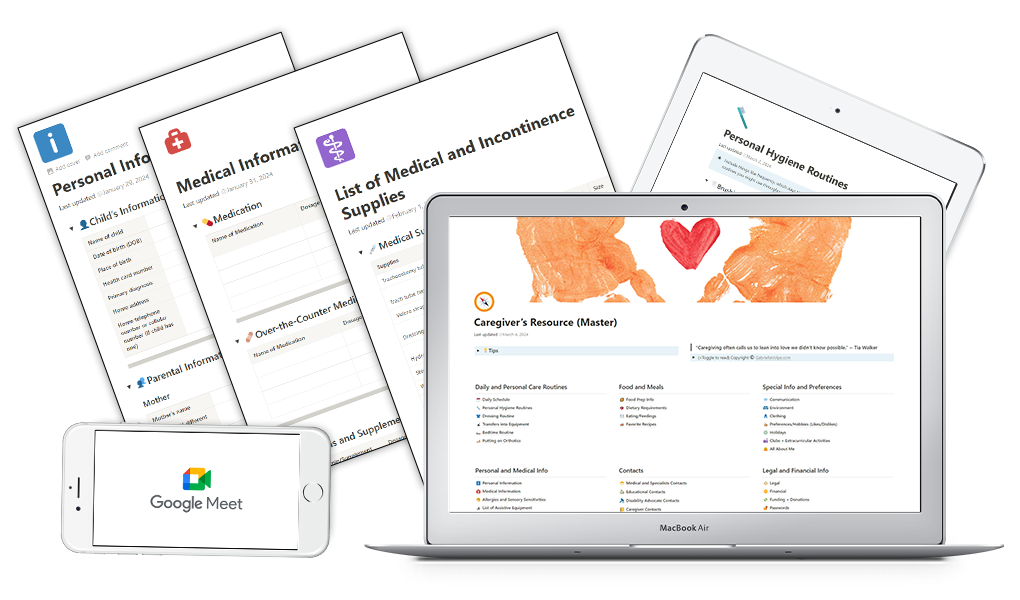Working together for quality care is key
Separating specialists from the learners or clients as well as from one another only creates miscommunication, disconnection, and unnecessary wait times in an already very bureaucratic system.
We need to work together for the benefit of all youth.
Quality care is possible
We have all seen what is possible on a whim when it affects the majority of the population. Things that once weren’t possible were miraculously doable—and fast.
Yet, some of the systems that affected the most marginalized remained as difficult (if not more difficult) to access as ever.
In managing care for my son during a pandemic, I was on the receiving end of comments like: “That’s not how it works,” or, “If we change this for you, we’ll have to change it for everyone,” or, “We have always done it this way,” or, “We can’t do that.”
And, my reply is always, “What if we can?” (Hint: It’s hard to rebuttal this question. Try it.)
What if we can change how it works?
What if we change it for everyone else, too?
What if we can do it another way?
It’s tricky to sit on the other end of a call, meeting one brick wall after another.
I cannot—will not—accept the status quo any longer.
Will you?
No matter where you sit in this circle, your role is necessary for effecting change.
What if you challenge the status quo at staff meetings? What if you advocate for students and clients when meeting with an administrator? What if you stop accepting things that frustrate you just as much as the end-user?
The last thing I want to hear when I meet with my son’s team is, “They won’t accept that.”
Instead, I want to hear, “I will advocate for that.”
What if we can?
Quality care is a human right, and we must demand it.
Related articles:

Caregiver's Resource Planning Group
Organize your caregiving records for your neurodivergent/disabled child with the accountability of a group. For family caregivers.

0 Comments